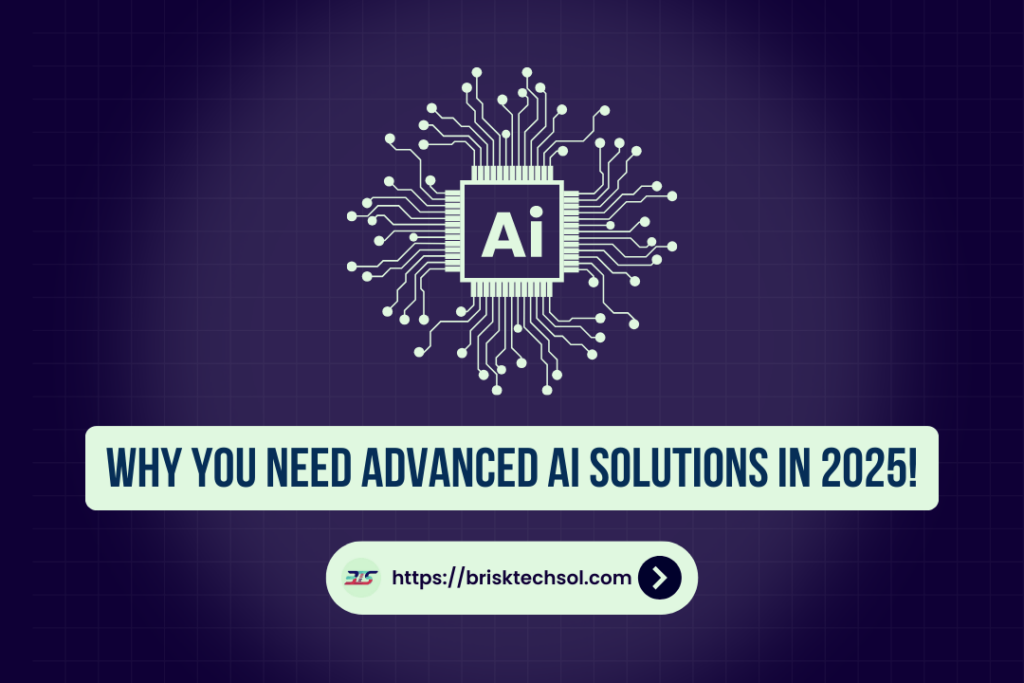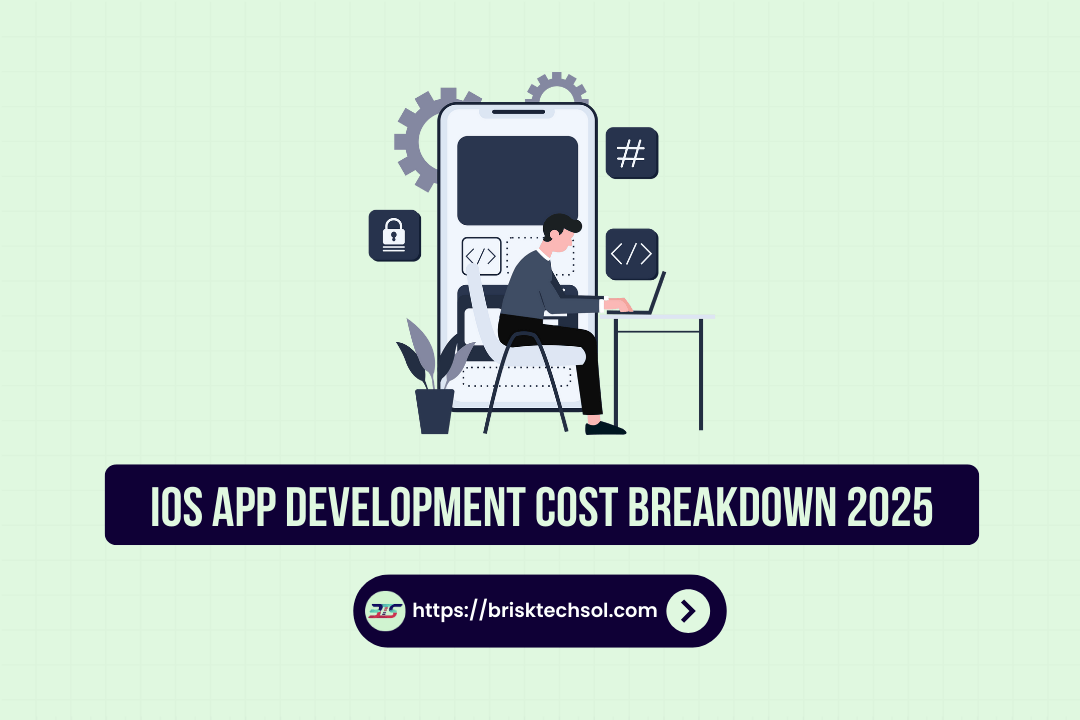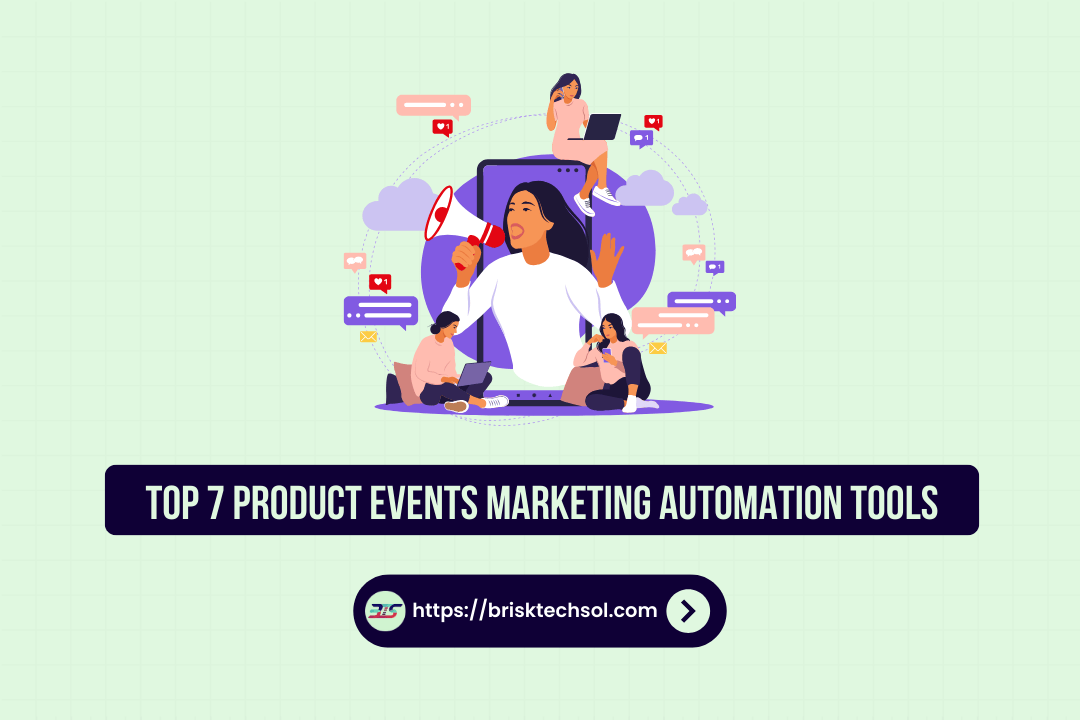Definition of Advanced AI Solutions
Advanced AI solutions refer to the application of cutting-edge artificial intelligence techniques that enable machines to learn, analyze, and make decisions with minimal human intervention. Unlike traditional AI, which focuses on rule-based systems, advanced AI solutions leverage techniques such as deep learning, neural networks, and natural language processing to handle complex tasks and processes.
Evolution of AI Solutions
AI has come a long way since its inception in the 1950s. Early AI systems relied on simple algorithms to solve specific problems, but with the advent of machine learning in the 1990s and deep learning in the 2000s, AI has grown exponentially. Today, AI models are capable of analyzing vast amounts of data, making predictions, and even interacting with humans in natural language, all while improving their performance over time.
- 1980s: The emergence of neural networks and early machine learning techniques.
- 2000s: The rise of deep learning and significant improvements in AI’s ability to process data.
- 2010s and Beyond: AI breakthroughs in NLP, autonomous vehicles, and AI-driven healthcare.
Key AI Technologies in Advanced Solutions
- Machine Learning (ML): Machine learning allows systems to learn from data without explicit programming, enabling them to identify patterns, make predictions, and improve performance autonomously.
- Deep Learning (DL): A subset of machine learning that uses large neural networks to process data in layers, deep learning has driven advancements in speech recognition, image analysis, and language translation.
- Natural Language Processing (NLP): NLP enables machines to understand and generate human language, facilitating applications like chatbots, translation services, and voice assistants.
- Robotic Process Automation (RPA): RPA involves using AI-driven robots to automate repetitive, rule-based tasks in business processes, such as data entry and report generation.
Applications of Advanced AI Solutions
AI in Healthcare
One of the most transformative applications of AI is in healthcare. AI-powered solutions are revolutionizing diagnostics, treatment planning, and patient care. In radiology, for instance, deep learning algorithms can analyze medical images like X-rays and MRIs to detect conditions like cancer with a level of accuracy comparable to or exceeding human experts.
- AI in Diagnostics: AI tools can analyze medical data to identify patterns and diagnose diseases at an early stage.
- AI in Drug Discovery: Machine learning models predict how different compounds will interact with disease-causing proteins, speeding up drug development.
Statistic: AI-driven diagnostics are expected to reduce diagnostic errors by 50% by 2030.
AI in Business & Marketing
AI is also making waves in business, particularly in marketing. With AI-powered analytics, businesses can gain deep insights into customer behavior, allowing them to create highly personalized marketing strategies.
- Predictive Analytics: AI can forecast market trends, allowing companies to adjust strategies in real-time.
- Personalized Marketing: Machine learning algorithms analyze customer data to deliver tailored recommendations.
Statistic: AI applications in marketing have shown to improve marketing ROI by up to 30%.
AI in Finance
The finance industry has been quick to adopt AI for its ability to detect fraud, optimize investment strategies, and predict market trends.
- Fraud Detection: Machine learning algorithms analyze transaction data to detect unusual activity, preventing fraud.
- Risk Management: AI models help financial institutions assess risk more accurately and make data-driven investment decisions.
Statistic: AI can reduce fraud detection costs by up to 30%.
AI in Manufacturing & Automation
In manufacturing, AI-powered robots and predictive maintenance systems are optimizing production lines and reducing downtime. These solutions help businesses achieve greater efficiency by identifying potential machine failures before they occur, ensuring smooth and continuous operations.
- Robotic Automation: AI robots handle repetitive tasks, improving speed and accuracy.
- Predictive Maintenance: AI predicts when machines will need maintenance, minimizing downtime and repair costs.
Quick Table:
| Industry | Key AI Application | Benefits |
|---|---|---|
| Healthcare | Diagnostics, Drug Discovery | Enhanced accuracy, speed |
| Finance | Fraud Detection, Risk Management | Cost reduction, improved decision-making |
| Manufacturing | Predictive Maintenance | Reduced downtime, higher efficiency |
| Marketing | Personalization, Analytics | Improved targeting, higher ROI |
Benefits of Advanced AI Solutions
Efficiency and Automation
AI’s ability to automate repetitive tasks is one of its most significant benefits. From automating administrative tasks in healthcare to streamlining customer service in businesses, AI allows human workers to focus on higher-value tasks. By automating processes, businesses can reduce operational costs and increase output.
- Robotic Process Automation (RPA): Automates data entry and report generation.
- Intelligent Automation: Combines AI with RPA to create smarter workflows and improve decision-making.
Improved Decision Making
AI’s data processing power enables businesses to make more informed decisions. Machine learning algorithms analyze large datasets, identify patterns, and provide actionable insights that would be difficult for humans to extract.
- Data-Driven Insights: AI enables businesses to make decisions based on data rather than intuition or guesswork.
- Predictive Analytics: AI models forecast trends, helping businesses prepare for future challenges.
Personalization and Customer Experience
AI enhances personalization by analyzing customer preferences and behavior, allowing companies to offer highly tailored products, services, and experiences. Whether it’s recommending products on e-commerce platforms or tailoring content on streaming services, AI ensures customers receive more relevant experiences.
- Personalized Recommendations: AI suggests products based on browsing history and preferences.
- Enhanced Customer Support: AI-powered chatbots provide real-time support, improving customer satisfaction.
Challenges of Implementing Advanced AI Solutions
Data Privacy Concerns
As AI systems rely heavily on vast amounts of data, privacy concerns are a significant challenge. AI can only function effectively when provided with large datasets, which may include sensitive personal information. Businesses must prioritize data privacy and ensure they are compliant with regulations such as GDPR.
- Data Security: Protecting customer data is crucial to maintaining trust and ensuring AI systems work ethically.
- Compliance: Companies must adhere to data privacy regulations to avoid penalties.
High Costs of Implementation
The costs associated with developing, deploying, and maintaining AI systems can be prohibitive for small businesses. Large-scale AI solutions often require significant infrastructure, including high-powered servers, cloud computing resources, and skilled personnel.
- Infrastructure Costs: Setting up the necessary hardware and software for AI can be expensive.
- Talent Acquisition: Companies need AI specialists and data scientists to develop and maintain solutions.
Ethical Implications and Bias
AI models can inherit biases from the data they are trained on, leading to biased decision-making. Ethical concerns arise when AI systems make decisions that affect people’s lives, such as in hiring, lending, or criminal justice.
- Algorithmic Bias: AI models may perpetuate existing biases if the training data is not representative.
- Ethical Decision-Making: Ensuring that AI systems make ethical decisions is a growing concern in AI development.
Providers of Advanced AI Solutions
Top AI Companies and Technologies
Several companies are at the forefront of AI innovation, developing cutting-edge solutions across various industries.
- IBM Watson: Known for its AI-powered cognitive solutions used in healthcare, customer service, and business analytics.
- Google AI: Develops AI models that power products like Google Search, Google Assistant, and Google Translate.
- OpenAI: Known for developing GPT-3, one of the most advanced natural language models, and DALL·E, an image generation tool.
Startups Driving Innovation
Startups are also playing a pivotal role in advancing AI technology. Companies like DeepMind are leading the charge in fields such as reinforcement learning and AI ethics.
Conclusion
Advanced AI solutions are changing the game across industries, making processes faster, more efficient, and personalized like never before. While there are still some challenges like privacy concerns, costs, and ethical questions the benefits far outweigh the risks. As AI keeps evolving, it’s set to reshape industries in ways we haven’t even imagined yet, creating more opportunities for businesses and consumers alike.
FAQ’S
What are advanced AI solutions?
Advanced AI solutions refer to the application of sophisticated artificial intelligence technologies like machine learning and deep learning that can handle complex tasks across various industries.
How is AI used in healthcare?
AI is used for diagnostics, drug discovery, and personalized treatment recommendations, helping healthcare providers deliver more accurate and timely care.
What are the ethical concerns surrounding AI?
Ethical concerns include algorithmic bias, data privacy issues, and the potential for AI to replace human jobs, raising questions about fairness and accountability.
What is the future of AI?
AI will continue to advance, playing a central role in automation, personalization, and innovation across industries, with a focus on ethical AI and integration with emerging technologies.
Which companies are leading the AI revolution?
Major players in AI include Google, IBM, Microsoft, and OpenAI, with innovative startups like DeepMind making significant contributions.









